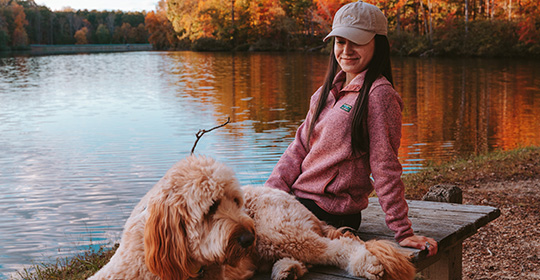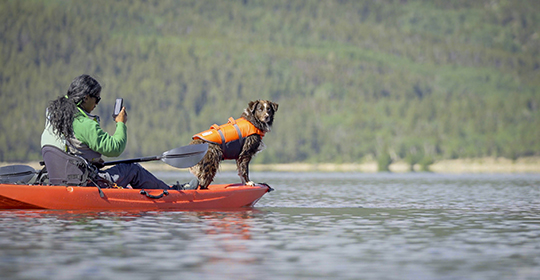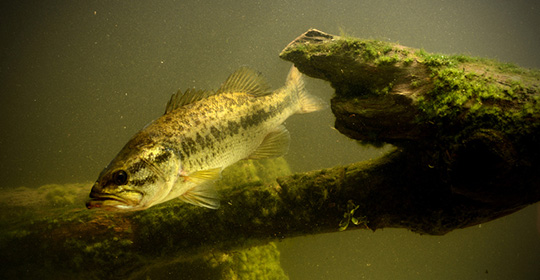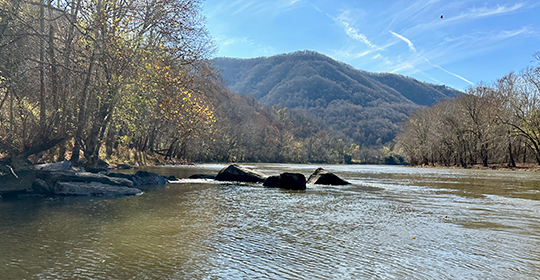At first, I didn’t think much of fly fishing because I thought it was a sport for men. I didn’t know yet that my love of the outdoors, my ability to understand how animals act, and my interest in animal life could all come together in a single passion: fly fishing. We moved to Colorado about two years ago and went on a guided trip to fly fish. Even though I learned a lot on that trip, I didn’t get hooked on fishing until we hiked to an alpine lake and I caught my first fish on my own with a fly. It was a ruby red cutthroat trout.
After that, I spent as much time as I could on the water. I used free resources and talked to friendly fishermen on the water to learn as much as I could. After two years of regular fly fishing, I got a job as a guide for the same shop that sold me my first rod and reel. Now, I don’t go a day without thinking about fishing, which is a passion that will surely grow over the years.
How You Can Start Fly Fishing
Step 1: Learn from someone who has done it before.
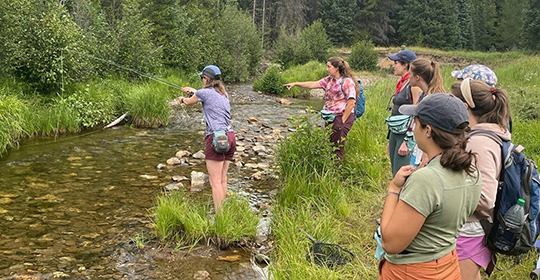
Getting out on the water with a fly fishing pro is one way to learn more about the sport. Any fly shop in the area can help you find a guide. Not only can you catch fish on trips, but you can also learn the basics of fly fishing.
Beginner fly fishing clinics are another way to start. These clinics are put on by local and national groups (like Take Me Fishing) and fly shops. You can find these groups online by searching for them or using social media.
Lastly, learning from a friend or mentor is always helpful (and usually free). If you don’t know anyone who flies fishes personally, don’t worry. There are a lot of helpful instructional videos online made by well-known fly fishing brands and other video makers.
Step 2: Get gear for fly fishing
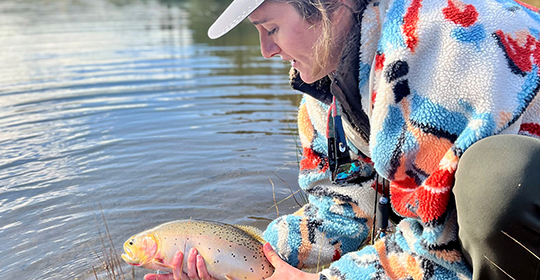
The gear is not what makes a good fisherman. You don’t have to start with the best gear; even beginner gear will catch big fish. If and when you spend more money on fly fishing, you will slowly get better gear.
When you’re just starting out, look for starter kits in fly shops that have a rod, reel, backing, and line already set up. So, all you will need is a net, waders, tippet, and flies. You can also rent some of these things for the day. Most people who work in fly shops want to set you up for success by giving you suggestions for flies and leader/tippet based on the weather, time of year, and amount of fishing pressure in the area.
Step Three: Getting more information
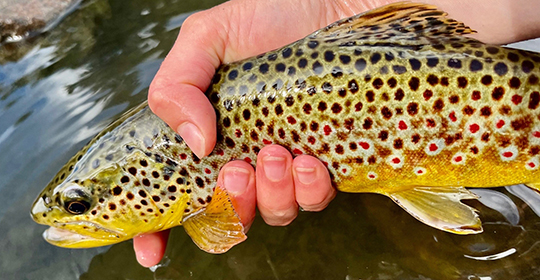
To get better at fishing, you should keep spending time on the water, read fishing reports online, get tips from professionals, and talk to other anglers. Don’t forget how important it is to take the time to talk to people in your local shop.
Fly fishing is a valuable skill and a fun hobby that will bring you closer to nature and to other people who enjoy the same things you do.
